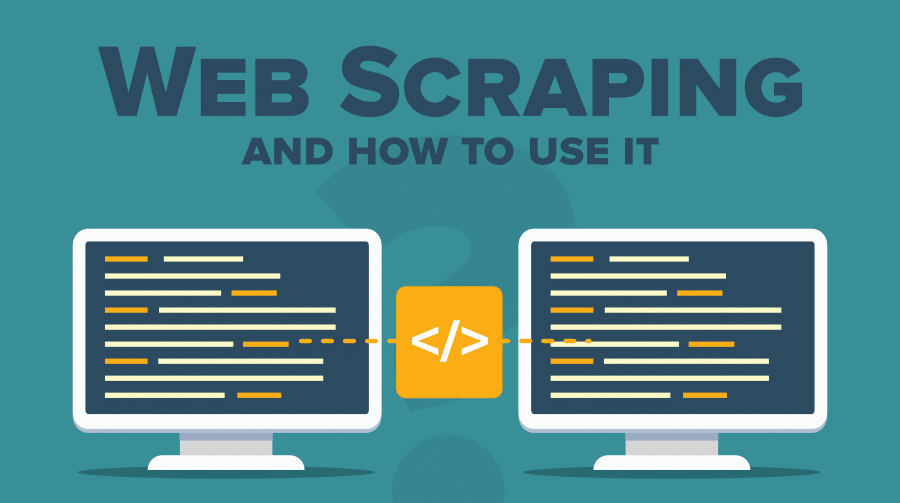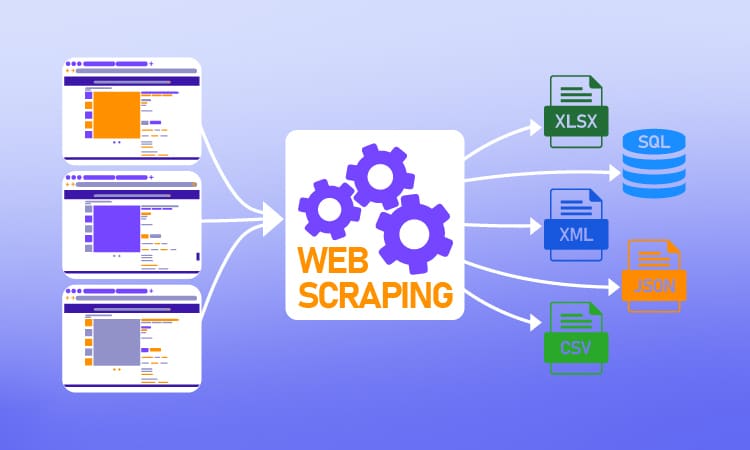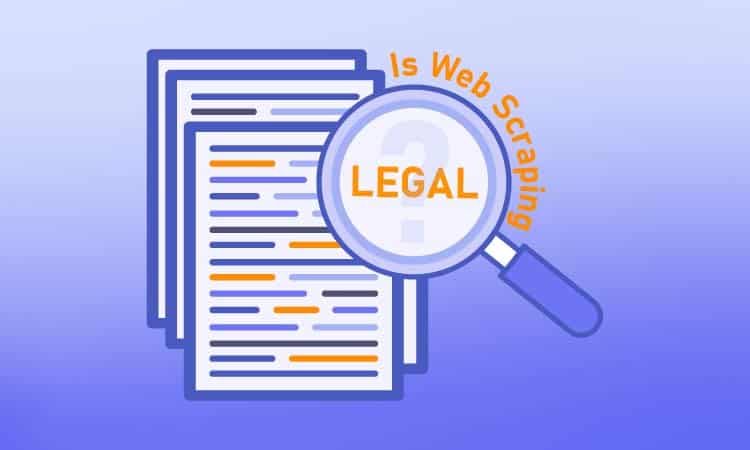
What Is Web Scraping?
Web scraping in its simplest format is crawling the web to pick up contact information of businesses and individuals. This can be done manually through actively looking into search engines and sites to procure information and then shortlisting to contact or automatically through scripts and/or software to set parameters and crawl search results to then gather or “scrape” information.
Information gathered usually falls in the part of email addresses, contact numbers, names and addresses to use in marketing purposes.

How Is Web Scraping Used?
Web scraping is used in a (very grey) marketing case, whereby users collect significant volumes of contact information without consent of users other than it is able to be gathered by searching online to then form elicit contacts.
Most contacts through web scraping information gathered is done through direct mailshots (where users haven’t opted in), cold calls or sending direct mail.
Can Web Scraping Be Useful?
Just like any form of marketing, web scraping is only as useful as the validity of the data, (which can be questionable), but more so the way it is utilised.
For instance, if you’re targeting one man business owners with messaging around acquiring a £1bil business, you’re probably not hitting the right market. So making sure the messaging or offer that is conveyed is relevant and engaging with the data set is always the key.
On the most part however, like any form of “cold” marketing, success rates are lower, given the prospect has no idea who you are, what you’re selling etc, so expect returns to be lower than conversion rates through other channels, however, again it is a volume game, so if your data set is large enough and you have a captivating message, you can get good results. It just does all depend.
Is Web Scraping Legal?
The legality of web scraping (here in the UK) is really determined by the data that is gathered and how it is used.
Gathering data in itself is not illegal if it is publically available, storing and using it however, much less so, and depending on the type of data, especially if it is personally identifiable information can very quickly encroach on breaches of GDPR compliance. Which of course we want to stay away from if possible.
Our advice, if you think it may be a conflict, don’t use that data. Sticking to sales@ info@ and not utilising people’s names on first approach are a much more sensible (if lower penetration) route to stop you from getting investigated for an ICO breach than using any personally identifiable information without the user’s consent to do so.
You just don’t want to risk the penalty. And it really isn’t worth it.

Should You Use Web Scraping Software?
Whether you should or shouldn’t use web scraping software we would say almost entirely depends upon your use case. So the key questions to ask are;
- Do you have a compelling offer that will engage people you interact with
- Is there a viable audience for you to target (you need A LOT of prospects)
- Will you be in a potential legal spot of trouble
- Can you commit to the volume of follow ups required to get traction
- Can you handle hearing no (A LOT)
If the answer to all of those is positive, then sure, and alongside buying data (which again has questionable value) it can be useful. But, there are better routes to market for the majority of businesses and your marketing efforts shouldn’t be purely focussed on data you (or anyone else) for that matter, can gather without any inbound interest from a prospect.
A full mix of inbound and outbound is more advantageous to being able to build an effective sales pipeline.
Grow Your Business With Digital Moves
Get in touch to see how we can help you to grow your business online.
Simply fill out the form, email or call us today to get started
